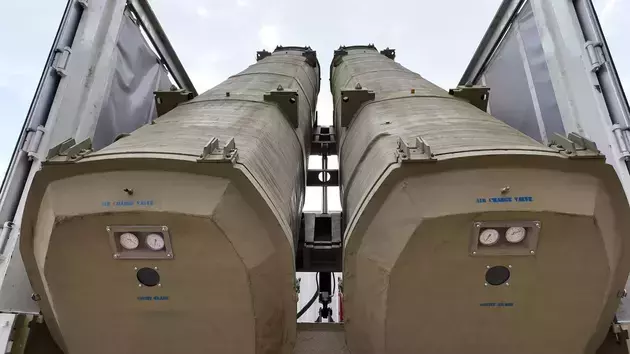Iran launched a barrage of missiles at Israel yesterday evening, lighting up the skies over Jerusalem and Tel Aviv as Iron Dome defenses intercepted some of the projectiles and warning sirens blared.
Iran has launched a missile attack on Israel, firing nearly 500 missiles. Iran's Islamic Revolutionary Guard Corps (IRGC) maintained that 80% of projectiles had hit their targets, saying hypersonic missiles had been used for the first time.
Israeli officials have not reported any serious injuries as a result of Tuesday's air attacks, but Israeli medics said two people had been wounded by shrapnel.
Iran's attack
Iran said its supreme leader made the decision to fire dozens of missiles into Israel. The IRGC said the decision had been made by Ali Khamenei with the backing of the supreme national security council (SNSC) and the Iranian defence ministry.
Iran described the assault on Israel as defensive and solely aimed at its military facilities. Iran's state news agency said three Israeli military bases had been targeted.
Iranian missiles hit gas platforms in Israel's Ashkelon, according to Tasnim.
Tehran said its assault was a response to Israeli assassinations of Hamas and Hezbollah leaders and aggression in Lebanon and Gaza.
"Our action is concluded unless the Israeli regime decides to invite further retaliation. In that scenario, our response will be stronger and more powerful," Iranian Foreign Minister Abbas Aragchi said.
Israel's statements
Israel vowed to respond to Iran’s missile attack on the country, calling it “a severe, dangerous escalation.”
Israeli army spokesperson Daniel Hagari said Israel is fully prepared to take action in response to the assault, there will be consequences.
“Our defensive and offensive capabilities are at the highest levels of readiness. Our operational plans are ready. We will respond wherever, whenever and however we choose,” Hagari said.
Iran's statements
Iranian President Masoud Pezeshkian released his first statement on the attack on Israel, saying that he is not seeking war, but is aiming for peace and security for Iran and the region.
The Iranian president said that the decision was made to confront Israel "in defense of Iranian interests and citizens."
"Netanyahu should know that Iran is not seeking war, but it will stand firmly against any threat. This is just a glimpse of our capabilities. Do not engage in conflict with Iran," Pezeshkian said.
Iran’s ambassador to the UN Amir Saeed Iravani has warned that the Islamic Republic would serve potential further aggression by the Israeli regime against the country with a “harsher response.”
Iravani said that in the event the regime repeated its illegal actions against the country, “Iran’s response will be expedient, decisive, and harsher than the past.”
The Iranian authorities expect stabilization of the situation in the Middle East region in the near future, Foreign Minister Abbas Araghchi said.
"Last night, we hit only military facilities and, unlike the Israelis, we did not hit civilian infrastructure. We expect a gradual stabilization of the situation in the region in the coming days," the top diplomat said.






